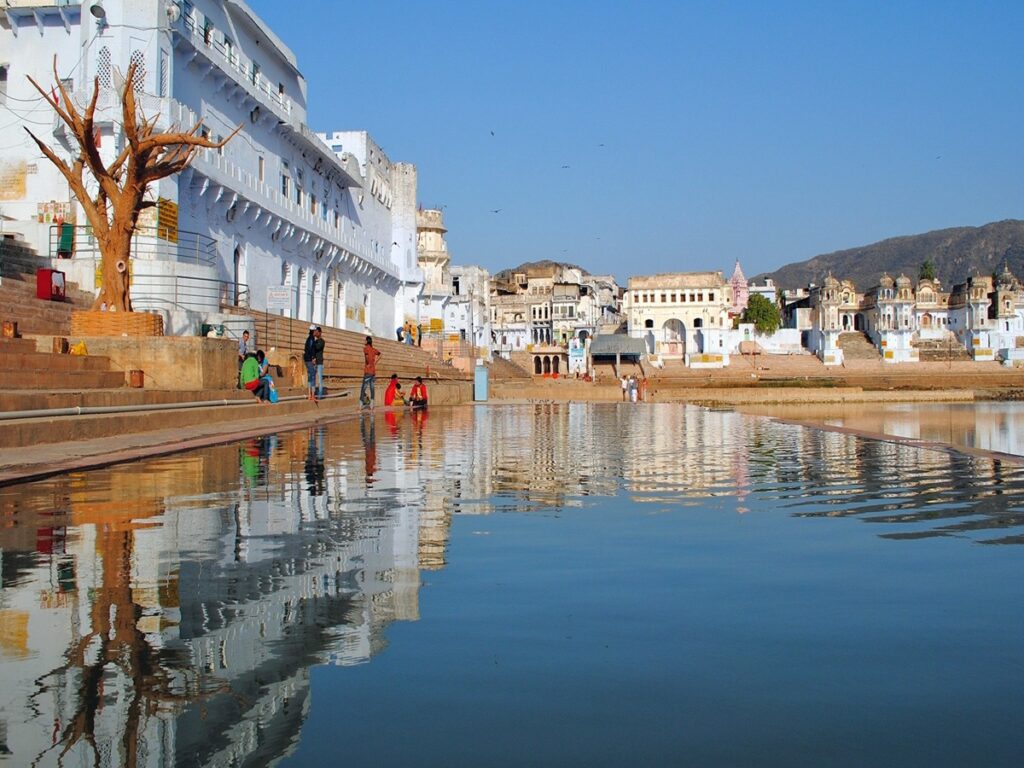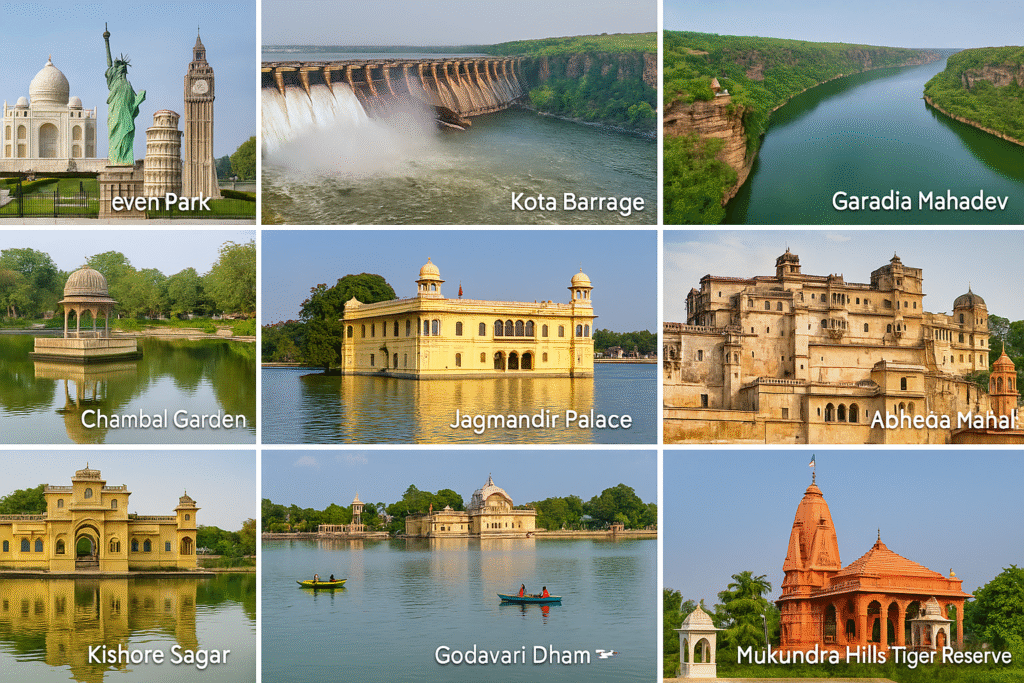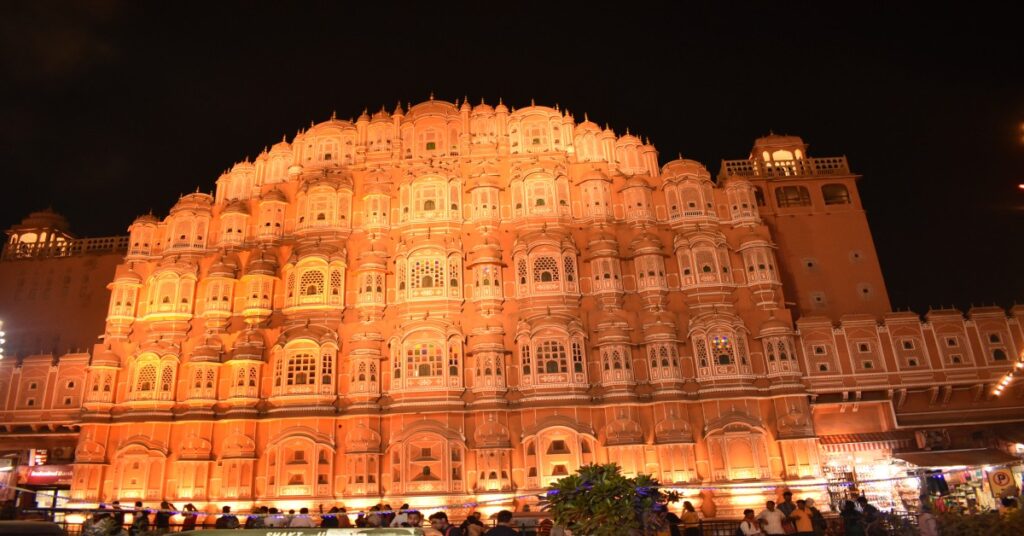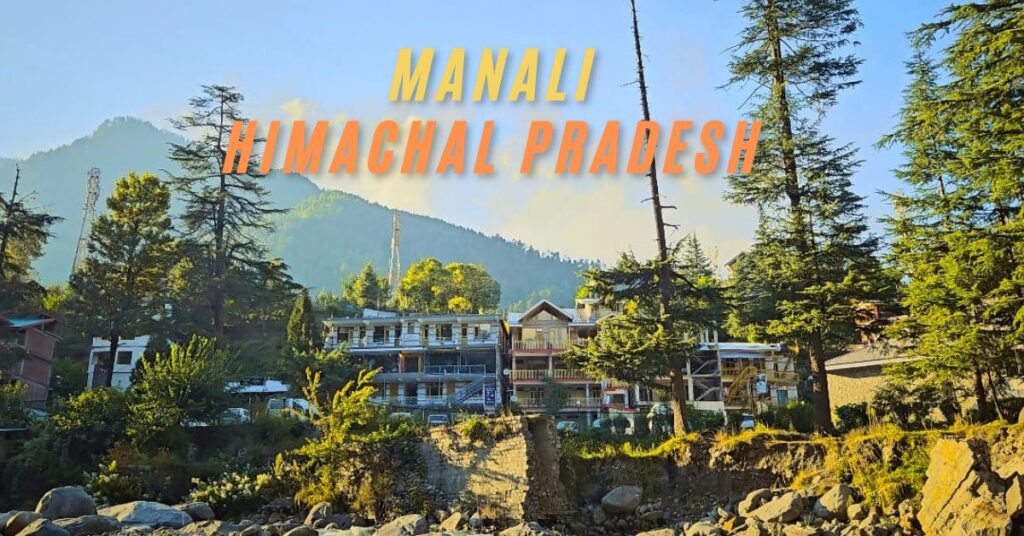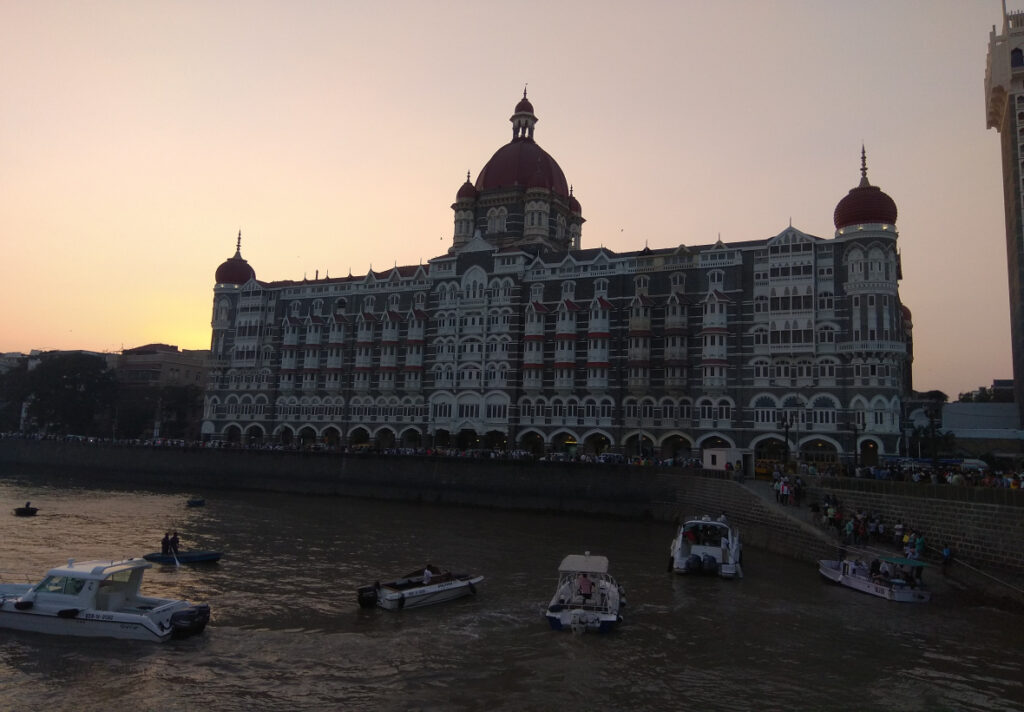Ajmer, Rajasthan: Where Spirituality Meets Scenic Beauty
Nestled in the heart of Rajasthan, Ajmer is one of the most spiritually rich and culturally diverse cities in India. Known for the iconic Ajmer Sharif Dargah, serene lakes, historic forts, and a welcoming atmosphere, this city beautifully blends faith, heritage, and natural beauty. Whether you’re a pilgrim, a history buff, or a wanderer seeking peaceful landscapes, Ajmer offers a soulful experience unlike any other.
A City of Sacred Harmony
At the core of Ajmer tourism lies the revered Ajmer Sharif Dargah, the tomb of the Sufi saint Khwaja Moinuddin Chishti. This sacred site draws millions of devotees from all religions every year. The moment you enter the Dargah complex, you’re enveloped in the aroma of rose petals, the soulful rhythms of qawwali music, and a palpable sense of devotion.
People from all walks of life come here to offer prayers, tie threads of hope, and experience the peace this holy site brings. Visiting during Urs, the annual festival commemorating the saint’s death anniversary, is a unique cultural experience, filled with music, prayer, and communal spirit.
Ana Sagar Lake: A Tranquil Escape
Just a few minutes from the spiritual bustle of the Dargah lies the Ana Sagar Lake, one of the top places to visit in Ajmer. This 12th-century man-made lake is perfect for a peaceful walk, a boat ride, or simply soaking in the sunset views. The lake is surrounded by marble pavilions known as Baradari, built by Emperor Shah Jahan, offering a blend of Mughal elegance and natural serenity.
Nearby, the Daulat Bagh Garden is a great spot for families or solo travelers looking to relax under the shade of ancient trees.
Ajmer’s Historical Treasures
Ajmer’s history stretches back over centuries, and its architecture tells the story of Rajput, Mughal, and British influences. One of the lesser-known gems is the Adhai Din Ka Jhonpra, a mosque built in just two and a half days (as legend goes), constructed over the ruins of a Sanskrit college. Its Indo-Islamic architecture and intricate carvings make it a must-visit during your Ajmer sightseeing tour.
Another remarkable structure is the Akbari Fort and Museum, which once served as a residence for Emperor Akbar during his visits to Ajmer. Today, it houses a museum displaying Rajasthani artifacts, miniature paintings, and weaponry, providing a window into the city’s royal past.
A Gateway to Pushkar
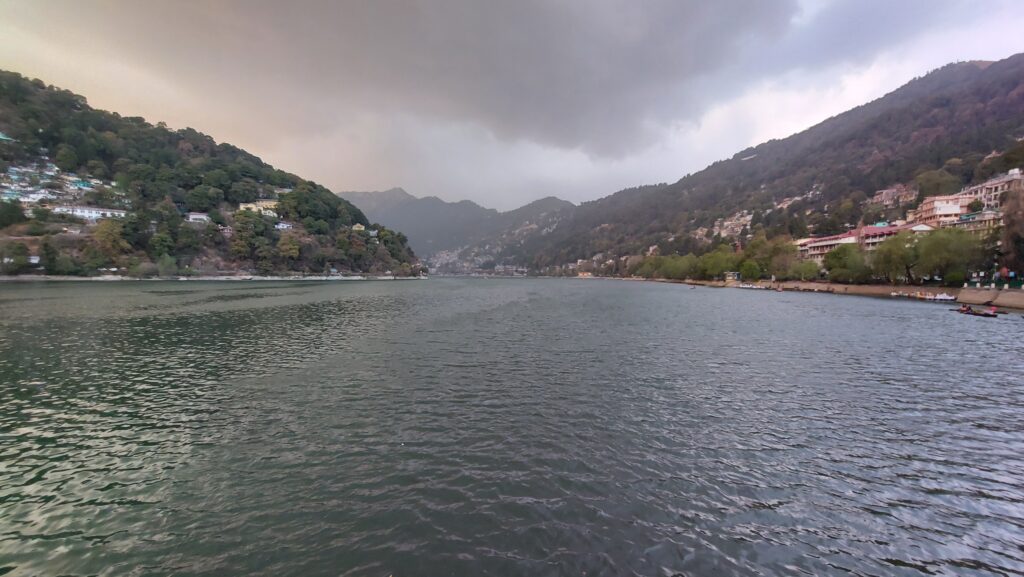
A trip to Ajmer isn’t complete without a short journey to the nearby town of Pushkar, located just 15 km away. Known for the Pushkar Lake and Brahma Temple, it’s one of the most sacred towns in India and offers a contrasting yet complementary spiritual experience. Many travelers choose Ajmer as a base to explore Pushkar while enjoying better connectivity and a quieter atmosphere.
Local Life, Markets, and Food
Exploring the local markets of Ajmer is an experience in itself. From colorful bangles and embroidered textiles to traditional Rajasthani jootis (footwear), Ajmer’s bazaars are vibrant and full of character. Naya Bazaar and Kaisar Ganj are particularly popular for souvenirs and local crafts.
When it comes to food, Ajmer’s street cuisine is both affordable and delicious. Don’t miss trying Kadhi Kachori, Sohan Halwa, and the famous mutton biryani near the Dargah. For those who prefer cafes, several rooftop spots near Ana Sagar Lake offer great views and a relaxed vibe.
Best Time to Visit Ajmer
The best time to visit Ajmer is between October and March, when the weather is pleasant for sightseeing and outdoor activities. The monsoon months (July to September) bring a special charm to the lakes and gardens, while summers (April to June) can be quite hot.
Travel Tips
How to reach:
Ajmer is well-connected by train and road. The nearest airport is Kishangarh Airport (30 km), or Jaipur Airport (135 km).
Where to stay:
Options range from budget guesthouses near the Dargah to luxury hotels around Ana Sagar Lake.
Dress modestly when visiting religious sites.
Hire a local guide for detailed insights into the historical spots.
Ajmer is more than just a city—it’s a feeling. It’s the call to prayer echoing through ancient streets, the laughter of children chasing pigeons around a lake, and the gentle brush of history at every corner. If you’re looking to explore Rajasthan beyond the usual tourist trail, Ajmer deserves your attention — and your heart.

